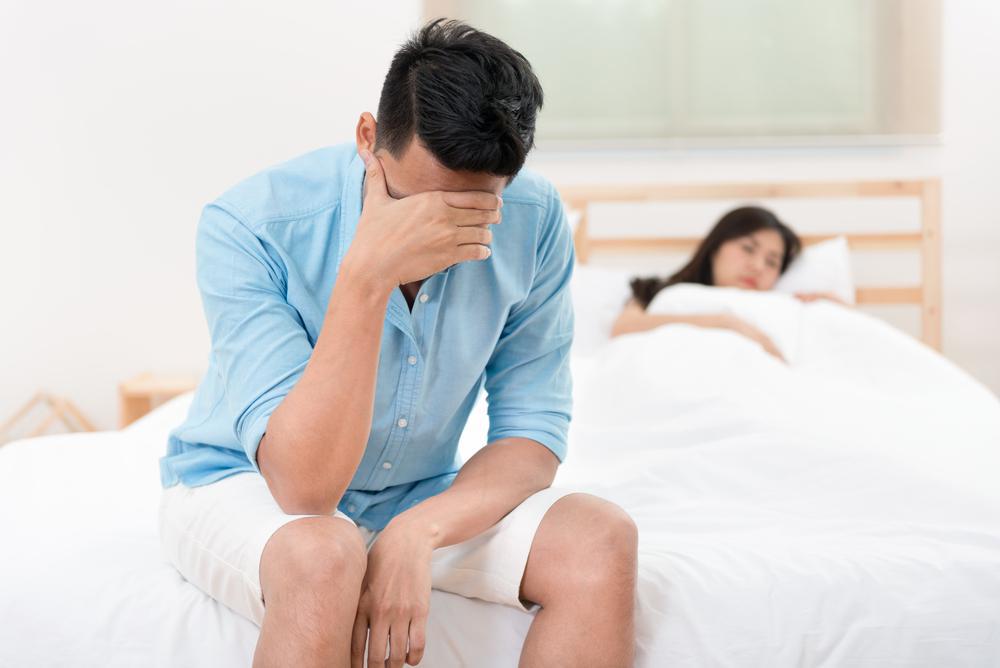3 Natural Ways to Help Combat Low Testosterone
Most men know their testosterone levels are going to drop as they get older. But what a lot of men aren’t prepared for is the wide range of symptoms low-T can cause. Hormone replacement therapy (HRT) can help men replenish natural testosterone to relieve a lot of those symptoms. And at Expect Wellness, we help a lot of men with HRT programs tailored specifically for their needs and their symptoms.
But while HRT can be very effective, it’s not the only way to boost testosterone levels or to relieve the symptoms caused by low-T. There are a few things you can do on your own to help increase testosterone symptoms so you can start to feel better. But first, you have to learn to recognize the most common symptoms of low-T so you can be sure your symptoms aren’t being caused by something else.
More than just sex: Symptoms of low testosterone
When we think of testosterone, we think of sex, and since testosterone does play a major role in sexual health, that’s only natural. But testosterone plays a role in other processes too, which means your symptoms can be diverse. Here are a few of the most common symptoms of low-T:
- Loss of sexual desire
- Problems getting or maintaining an erection
- Weight gain, especially around the belly area
- Loss of muscle mass
- Fatigue
- Mood fluctuations
- Problems concentrating
- Sleep problems, including insomnia and wakefulness
Of course, the best way to know if your symptoms are being caused by low-T is to schedule an office visit. Depending on your symptoms, Dr. Hall may order a blood test to measure your testosterone levels so you can get the most appropriate and most effective treatment.
Natural ways to boost testosterone
You probably won’t be able to completely combat the decline in testosterone that occurs naturally with age, but these activities might help you boost your levels to help reduce your symptoms:
1. Exercise with weights
Exercise is one of the best ways to improve your health overall, and as it turns out, it can really help improve your natural levels of testosterone. Resistance training with weights helps stimulate your body to produce more testosterone by building up muscle tissue, but high-intensity training can also help boost natural testosterone, especially in men with sedentary lifestyles. Some research indicates the effect can be even more pronounced in men who are very overweight or obese. Like the other two tips in this list, exercise has benefits for your overall health as well, so even if exercise doesn’t provide you with the testosterone boost you’re hoping for, you may still notice a decrease in the symptoms you’re experiencing.
2. Watch your diet
Being overweight or obese can interfere with your production of testosterone in a major way, so following a healthy diet is important for managing those hormone levels. Incorporating protein and carbs, especially if you’re exercising, helps build muscle and improve testosterone production, but that’s not all to watch out for. Research shows the mineral zinc boosts testosterone and also improves sperm quality, and getting enough vitamin D is also important.
3. Manage your stress levels
Excess stress increases levels of the “stress” hormone cortisol, and increased levels of cortisol can, in turn, reduce your testosterone levels. Adopting stress management activities like yoga, visualization, or deep breathing can help you manage stress, which can also improve your overall health. Even better: Sleep can help relieve stress, plus research shows it can also help increase your testosterone levels. Working a daily nap into your routine can help you feel more rested so your moods are stabilized and your ability to handle stress is improved. Even if you have trouble managing stress in other ways, getting a few extra Zs could be just what you need to boost testosterone and relieve your symptoms.
Are your symptoms caused by low-T?
Aging is a major cause of declining levels of testosterone, but it’s not the only one. Chronic medical conditions and acute disease, including diabetes, thyroid problems, pituitary gland dysfunction, and obesity, can also cause your testosterone levels to drop. And sometimes, you might be experiencing the symptoms of low-T even though they’re being caused by an unrelated medical problem. The bottom line: If you’re having any unusual symptoms, you need to be checked out. To find out more about low-T or to schedule an evaluation at Expect Wellness, book an appointment online today.



Add Comment